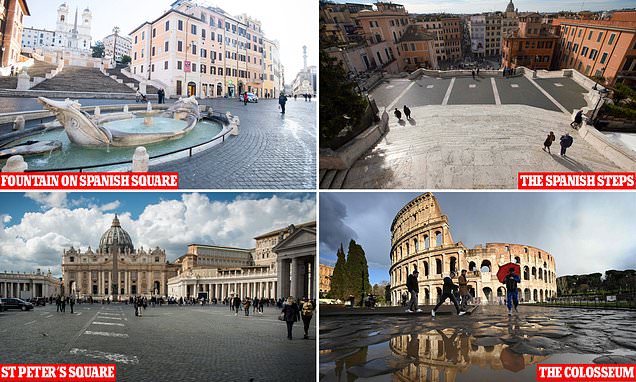
A deserted Rome: ‘We are but a few steps ahead of you in the path of time.’-Photo: Daily Mail
A letter to the UK from Italy: this is what we know about your future
The acclaimed Italian novelist Francesca Melandri, who has been under lockdown in Rome for almost three weeks due to the Covid-19 outbreak, has written a letter to fellow Europeans “from your future”, laying out the range of emotions people are likely to go through over the coming weeks.
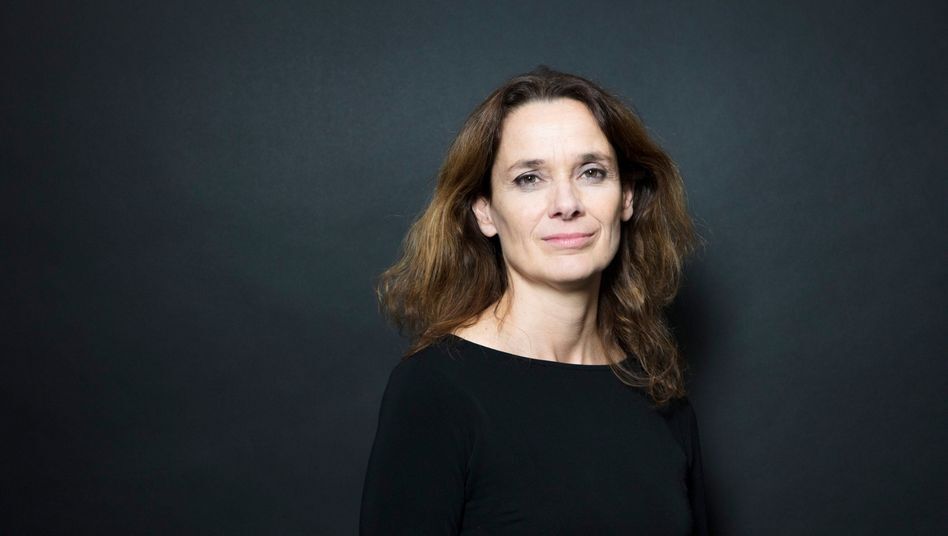
Photo: Spiegel
‘I am writing to you from Italy, which means I am writing from your future. We are now where you will be in a few days. The epidemic’s charts show us all entwined in a parallel dance.
We are but a few steps ahead of you in the path of time, just like Wuhan was a few weeks ahead of us. We watch you as you behave just as we did. You hold the same arguments we did until a short time ago, between those who still say “it’s only a flu, why all the fuss?” and those who have already understood.
As we watch you from here, from your future, we know that many of you, as you were told to lock yourselves up into your homes, quoted Orwell, some even Hobbes. But soon you’ll be too busy for that.
First of all, you’ll eat. Not just because it will be one of the few last things that you can still do.
You’ll find dozens of social networking groups with tutorials on how to spend your free time in fruitful ways. You will join them all, then ignore them completely after a few days.
You’ll pull apocalyptic literature out of your bookshelves, but will soon find you don’t really feel like reading any of it.
You’ll eat again. You will not sleep well. You will ask yourselves what is happening to democracy.
You’ll have an unstoppable online social life – on Messenger, WhatsApp, Skype, Zoom…
You will miss your adult children like you never have before; the realisation that you have no idea when you will ever see them again will hit you like a punch in the chest.
Old resentments and falling-outs will seem irrelevant. You will call people you had sworn never to talk to ever again, so as to ask them: “How are you doing?” Many women will be beaten in their homes.
You will wonder what is happening to all those who can’t stay home because they don’t have one. You will feel vulnerable when going out shopping in the deserted streets, especially if you are a woman. You will ask yourselves if this is how societies collapse. Does it really happen so fast? You’ll block out these thoughts and when you get back home you’ll eat again.
You will put on weight. You’ll look for online fitness training.
You’ll laugh. You’ll laugh a lot. You’ll flaunt a gallows humour you never had before. Even people who’ve always taken everything dead seriously will contemplate the absurdity of life, of the universe and of it all.
You will make appointments in the supermarket queues with your friends and lovers, so as to briefly see them in person, all the while abiding by the social distancing rules.
You will count all the things you do not need.
The true nature of the people around you will be revealed with total clarity. You will have confirmations and surprises.
Literati who had been omnipresent in the news will disappear, their opinions suddenly irrelevant; some will take refuge in rationalisations which will be so totally lacking in empathy that people will stop listening to them. People whom you had overlooked, instead, will turn out to be reassuring, generous, reliable, pragmatic and clairvoyant.
Those who invite you to see all this mess as an opportunity for planetary renewal will help you to put things in a larger perspective. You will also find them terribly annoying: nice, the planet is breathing better because of the halved CO2 emissions, but how will you pay your bills next month?
You will not understand if witnessing the birth of a new world is more a grandiose or a miserable affair.
You will play music from your windows and lawns. When you saw us singing opera from our balconies, you thought “ah, those Italians”. But we know you will sing uplifting songs to each other too. And when you blast I Will Survive from your windows, we’ll watch you and nod just like the people of Wuhan, who sang from their windows in February, nodded while watching us.
Many of you will fall asleep vowing that the very first thing you’ll do as soon as lockdown is over is file for divorce.
Many children will be conceived.
Your children will be schooled online. They’ll be horrible nuisances; they’ll give you joy.
Elderly people will disobey you like rowdy teenagers: you’ll have to fight with them in order to forbid them from going out, to get infected and die.
You will try not to think about the lonely deaths inside the ICU.
You’ll want to cover with rose petals all medical workers’ steps.
You will be told that society is united in a communal effort, that you are all in the same boat. It will be true. This experience will change for good how you perceive yourself as an individual part of a larger whole.
Class, however, will make all the difference. Being locked up in a house with a pretty garden or in an overcrowded housing project will not be the same. Nor is being able to keep on working from home or seeing your job disappear. That boat in which you’ll be sailing in order to defeat the epidemic will not look the same to everyone nor is it actually the same for everyone: it never was.
At some point, you will realise it’s tough. You will be afraid. You will share your fear with your dear ones, or you will keep it to yourselves so as not to burden them with it too.
You will eat again.
We’re in Italy, and this is what we know about your future. But it’s just small-scale fortune-telling. We are very low-key seers.
If we turn our gaze to the more distant future, the future which is unknown both to you and to us too, we can only tell you this: when all of this is over, the world won’t be the same.’
© Francesca Melandri 2020/Guardian
Continuing on the same theme and more...
Tobias Jones, a journalist and author who lives in Parma, Italy, shares his experience, feelings and thoughts on Coronavirus, the lockdown and more
'Three weeks of lockdown in Italy has given us vital perspective – and small comforts.'
With scarce resources instilling a spirit of togetherness, Italians have quickly learned to cherish what we once took for granted
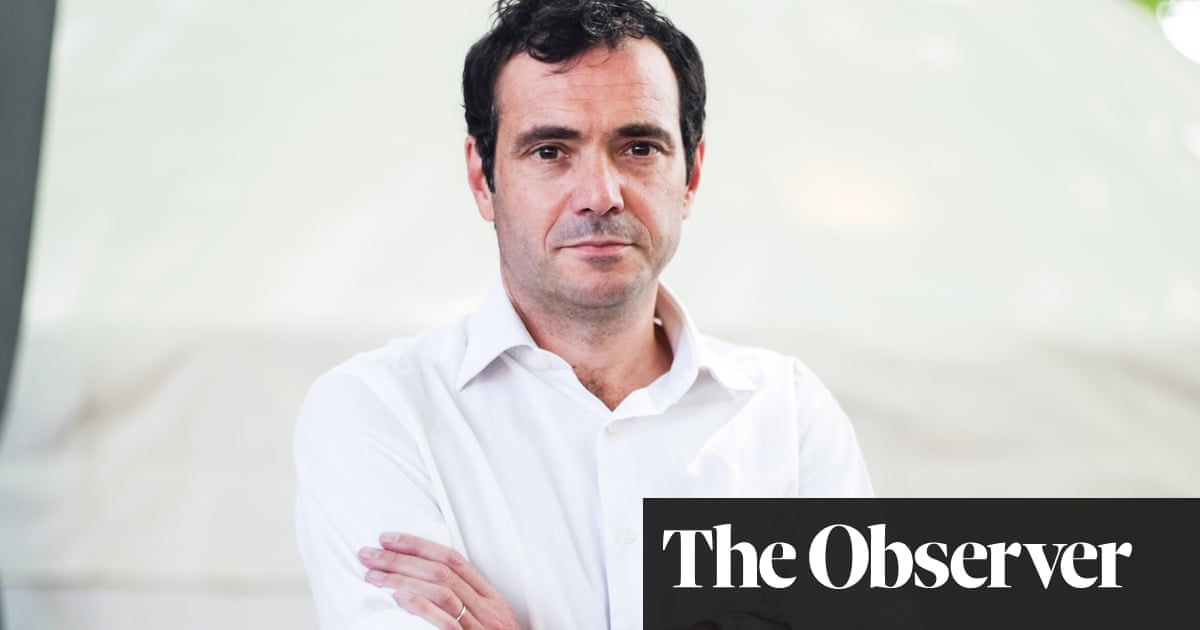
‘We’re about to enter our fourth week of lockdown in Italy, our sixth of home-schooling, and we’ve begun to glimpse minor positives. It’s as if we’re all at that stage of musical chairs when the music has stopped. The loud, relentless run-around is over. We’ve passed the point of the nervous scramble to get what we need. And now – even if we’re not where, with whom or with all we want – that is just where we’re at. We know the music isn’t starting up again for a long time. And that subtly changes your attitude towards who’s alongside you. Barely-known neighbours have come to seem like comrades in the trenches.
‘In a pandemic you’re only as safe as the most vulnerable. Perhaps the vapid slogan from the last crisis – that “we’re all in it together” – might this time be true.’
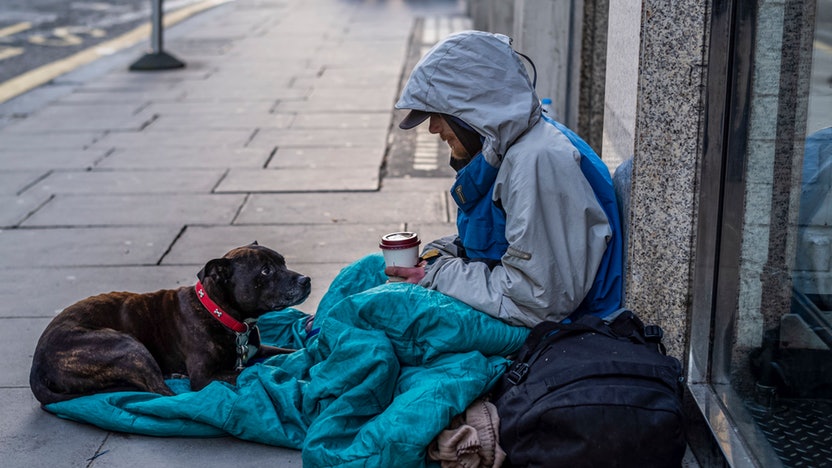
Photo:bustle.com
There’s something profound about what is happening in our small palazzo. Giorgio delivers us a newspaper every day. Silvia gives our son an old tablet (studiously wiped clean with alcohol) so he can do his online classes. Massimo delivers sheet music for our daughter. We, in turn, distribute food and offer free, online English lessons. We’re all looking out for each other. The exchanges are announced by text message, like drug drops (“rice outside door”) and with money hidden here and there. We never get close, and yet we’ve never been closer.
You feel the proximity of family and friends who have been video-calling. Long-lost mates are getting in touch. Thanks to technology, we’ve created new fellowships this week: from our confinement in Parma we’ve been to church in Somerset and played a pub quiz in Ealing.
I don’t want to minimise the horror of what we’re living through. The death toll here in Italy is more than 9,000 and Emilia-Romagna, where I live, accounts for more than 1,200 of those fatalities. We know a few who have died: one friend has lost both parents and we currently have two others in hospital – so I’m not downplaying the grief and anxieties.
But the frenetic pace of life has subsided. We’re no longer haring around, taking kids all over the city for friends and hobbies. There are no social engagements. It feels as if we’re in a cross between hibernation and meditation, hunkering down together to discern what really matters in life. I am, on the whole, unconcerned about our children’s education because this is a unique chance for them to step off a fast, ferocious treadmill. They can just play cards, table tennis, or – some hope – read books.
It’s beneficial, too, for us all to realise how much we have taken for granted. Not just grandparents or elementary freedoms, but the idea that our every demand will, in oil-slick capitalism, be instantly met by supply. A few weeks ago we would have been indignant if a supermarket didn’t have a product we wanted. We had almost persuaded ourselves it was a human right to be able to buy guacamole or cider at 3am.
Now we’re waking up to the truth that resources are scarce and that, in our finite world, there won’t always be enough to go around. Money can’t buy what’s not there. We’re seeing first-hand the precariousness of supply chains that are complicated and easily disrupted. The notion that we need to dial down our greed, and increase patience and sharing, might finally go mainstream.
I’m not fetishising vulnerability. It’s a frightening thing. But vulnerability brings humility and reflection. And one of the blessings of this dark season is our awareness of the fragility of our arrogant society. It seems, too, that we’ve woken up to those who are most defenceless. Sure, there’s self-interest in our new-found empathy, because in a pandemic you’re only as safe as the most vulnerable. But contagion at least means that the vapid slogan from the last crisis – that “we’re all in it together” – might this time be true.
We can no longer fail to notice those we have previously overlooked. The homeless – for whom the instruction to “stay home” means nothing – are thrown into sharp relief on our deserted streets. We suddenly see that those who are still working in public, risking their own health – the cashiers, couriers and nurses – are those paid a pittance and often with no contractual commitments from their employers. Never has it been so apparent that our society is built on exploitation.
There is, of course, a chance that the radical right will exploit this moment to reinforce borders and scapegoat outsiders. But there’s also the hope that, given the cold facts of Covid-19, the world’s postmodern nationalists (“I can lie louder than you”) will be revealed as the blow-hards and chancers they are.
Crisis-capitalism is coming into sharp focus. In recent days, some companies have irreparably damaged their reputation through breathtaking meanness. Others have shown themselves to be either genuinely compassionate or brilliant at PR (or both).
I’m clutching at straws, I know. But it does feel as if the world’s reset button has been pushed, as if we’re defragging society’s hard drive. Once we boot up again, we might find ourselves in a better place.’
©Tobias Jones, 2020/ The Guardian
A Sermon of Hope
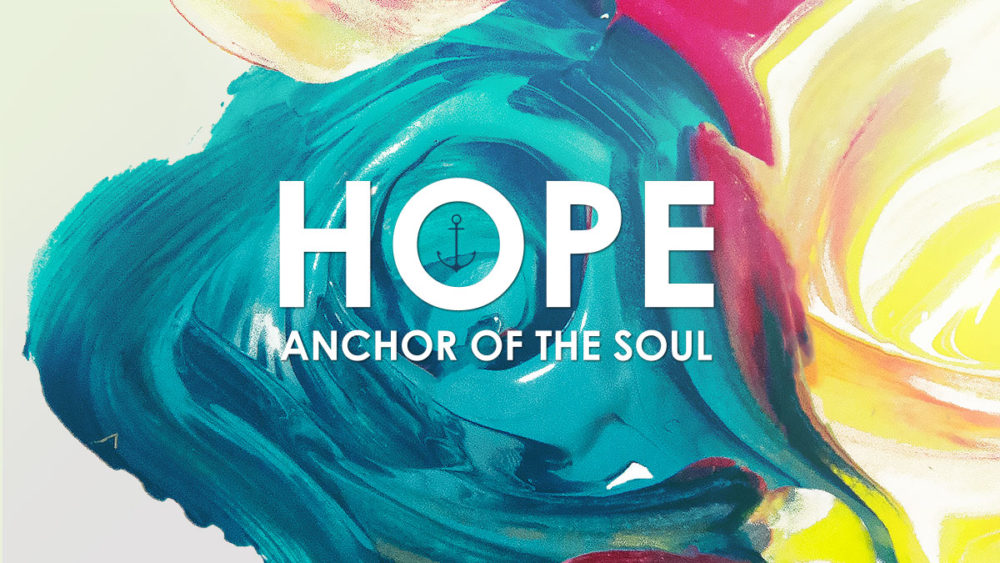
Photo:quickenme.com
‘Perhaps you have already read this book, La peste (The Plague) or you may have not heard about it. Reading about it myself the other day, I could not believe what I was reading. The words of this visionary author, Albert Camus, writing in the 1940s and its relevance to our current global pandemic crisis is nothing but prophetic.
“There are plagues, and there are victims, and it’s the duty of good men not to join forces with the plagues.”
“They knew now that if there is one thing one can always yearn for, and sometimes attain, it is human love.”
The Irish writer Conor Cruise O’Brien has called La peste “a sermon of hope.” It’s worth revisiting that hopefulness – the spirit that prompts the Camus’s narrator to declare, famously, that plagues remind us “there are more things to admire in men than to despise.”
For Times of Extremity, Albert Camus Prescribed Modest Virtues
What Albert Camus’s “The Plague” can teach us about life in a pandemic.
‘The main thing about a pandemic like coronavirus is that it doesn’t discriminate.'
Whoever you are, wherever you live, you’re vulnerable, at least in principle. While some of us may fare better because of our age or health, the microbes themselves are impartial.
It’s worth pausing to reflect on the implications of that fact. Among other things, it means we’re all in the same boat, for better or worse.’
‘Albert Camus’ The Plague: a story for our, and all, times.’
